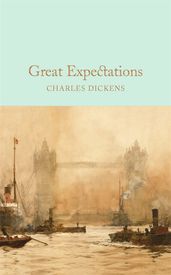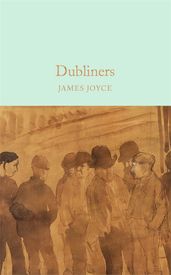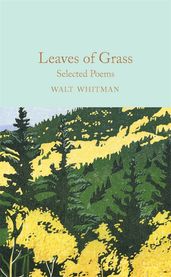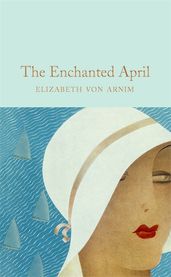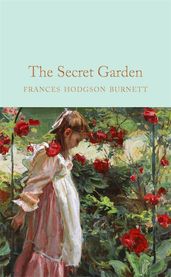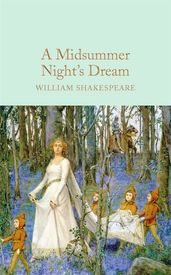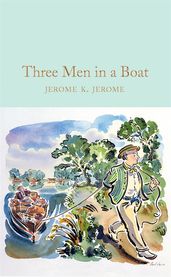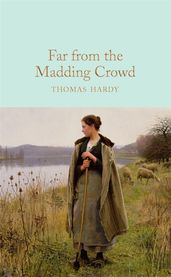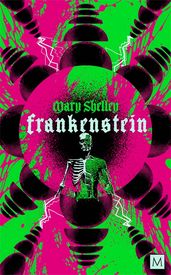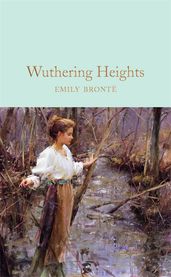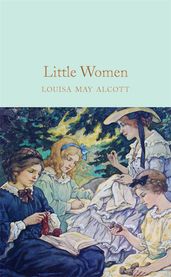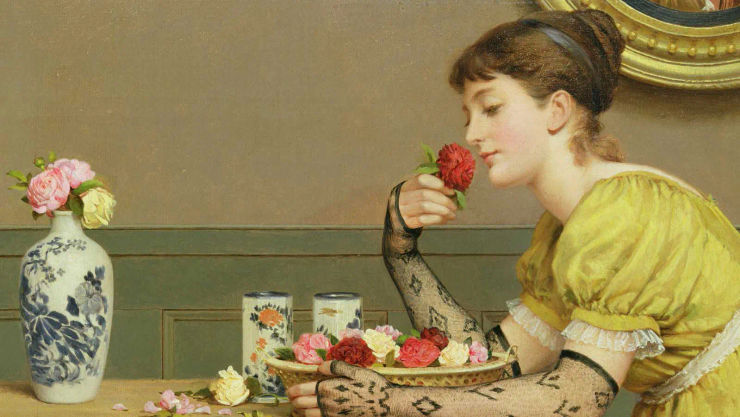A classic for every month of the year
Twelve seasonal suggestions to inspire a year of reading.
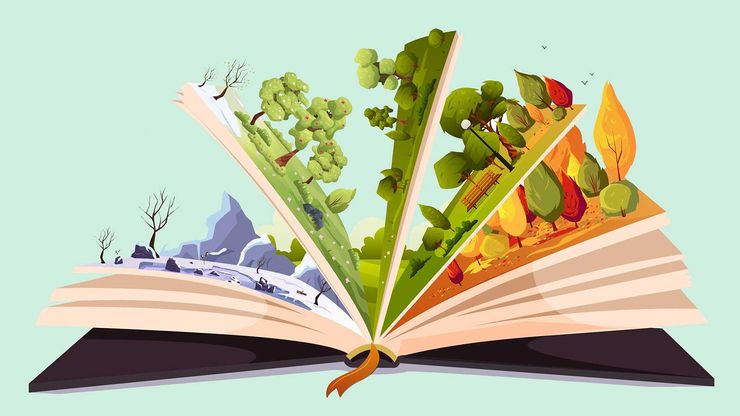
From cosy winter reads to summertime adventures, we recommend classic books for every month of the year.
January
Great Expectations
by Charles Dickens
This is the story of orphan Pip, who, hoping to move beyond his humble origins, finds himself unexpectedly given the opportunity to do so – but not the outcome he expects. With its wintry opening scene, the spectral Miss Havisham's bitter machinations spreading like cracking ice through Pip's life, and a title evocative of New Year aspirations, Great Expectations is the perfect January read.
February
Dubliners
by James Joyce
This collection of short stories is Joyce at his most accessible. Exploring middle-class Catholic life in Dublin before the First World War, the stories explore childhood disappointment, the frustrations of adolescence and the sexual awakening of later youth. The final, and probably most famous, story is 'The Dead', the frosted last line of which earns the collection's February placement: "His soul swooned slowly, as he heard the snow falling faintly through the universe, and faintly falling, like the descent of their last end, upon all the living and the dead."
March
Leaves of Grass
by Walt Whitman
The early spring image of the title alongside Whitman's regular returns to the poems, revising and expanding the collection throughout his lifetime, make it perfect for the lengthening days and feeling of renewal that come with March. Our edition is taken from the final version of the collection, the Deathbed edition, and includes his most famous poems such as ‘Song of Myself’ and ‘I Sing the Body Electric’. Whitman wrote about the United States and its people, its revolutionary spirit and about democracy. But he also wrote openly about the body and about desire in a way that completely broke with convention and paved the way for a completely new kind of poetry.
April
The Enchanted April
by Elizabeth von Arnim
Spend your April being enchanted by this charming and light-hearted novel about unlikely female friendships. Bashful Mrs Wilkins, cheerless Mrs Arbuthnot, widowed Mrs Fisher and socialite Lady Caroline Dester all respond to a Times advert offering an Italian castle to rent. Initial tensions between the mismatched group eventually give way to warmth and the joy of unexpected company.
May
The Secret Garden
by Frances Hodgson Burnett
Both the titular garden and the book's two young protagonists make their painful but hopeful way to spring bloom in this classic of children's literature, making it the perfect May read. Sent from her home in India to live in a country estate in Yorkshire with her distant uncle, orphan Mary is sad, lonely, and angry. Exploring the grounds of her new home, she happens upon a secret garden, locked up and abandoned following the death of her aunt in an accident there ten years earlier. With the help of local boy Dickon and her ill cousin, Colin, Mary sets about restoring the garden.
June
A Midsummer Night’s Dream
by William Shakespeare
Celebrate Midsummer's Day with A Midsummer Night's Dream, one of Shakespeare's most entertaining plays. Two women and two men find themselves in an enchanted forest, where fairies and sprites cause havoc with their emotions. Love is transformed, misplaced, and ultimately restored via eye drops, a man with a donkey head and an intentionally ludicrous play within a play, 'the most lamentable comedy and most cruel death of Pyramus and Thisbe,' in which one of the actors plays a wall. . . A summer fever dream, indeed.
Don't Miss
Comedy not your thing? Here are our Shakespeare suggestions for every type of reader.
Read moreJuly
The Great Gatsby
by F. Scott Fitzgerald
F. Scott Fitzgerald’s The Great Gatsby depicts a summer unlike any other. In just three short months, Jay Gatsby enchants high society with lavish parties at his luxurious mansion in West Egg, Long Island. But he only desires to impress one person, Daisy Buchanan, the lost love of his life. What starts as a joyous summer of flamboyance and excess ultimately ends in tragedy; a criticism of the carelessness and cruelty of America’s wealthiest during the so-called Roaring Twenties.
August
Three Men in a Boat
by Jerome K. Jerome
Join J., George and Harris, along with their mischievous fox terrier Montmorency, as they take a summer boating holiday along the Thames, finding themselves totally unprepared for the various difficulties and escapades they encounter along the watery way. This timelessly funny novel continues to be praised by readers for jokes that feel just as fresh as when they were first written; a delightful read to uplift your August book pile.
Don't Miss
From sultry love stories and shimmering escapism to sun-soaked (and rain-drenched) thrillers, discover more literary summers here.
Read moreSeptember
Far From the Madding Crowd
by Thomas Hardy
Its rural setting and farming characters make Hardy's novel an ideal September harvest read. Bathsheba Everdene arrives in Wessex (Hardy's fictional south-west county, making its first named appearance here) to live with her aunt. Beautiful and spirited, she finds herself with three suitors: shepherd Gabriel Oak, dashing soldier Sergeant Troy and respectable, middle-aged Farmer Boldwood. Their fates depend upon the choice Bathsheba makes, and she discovers the terrible consequences of an inconstant heart.
October
Frankenstein
by Mary Shelley
Spend Halloween with the mother of science fiction horror. Mary Shelley's tale of Victor Frankenstein and the creature he builds from dead flesh is a Gothic masterpiece. Abandoned by his creator, Frankenstein's monster is rejected by society and decides to seek vengeance on the man who made him. So begins a cycle of violent destruction, with the two characters pursuing each other to the extremes of nature until all vestiges of their humanity are lost.
Don't Miss
Is Frankenstein's monster just misunderstood? Here we make the case for five literary characters we think deserve a second chance.
Read moreNovember
Wuthering Heights
by Emily Brontë
The long, dark nights of November call us to the moors. Wuthering Heights contains more questionable characters than its ‘great love story’ reputation would have you expect. Emily Brontë’s novel is a tragic romance between the headstrong Cathy and the orphan Heathcliff, who – although desperately in love with her – is rejected in favour of a rich suitor. But Cathy cannot forget him, and he develops a lust for revenge that will take over his life as he attempts to win her back, and to destroy everyone, and everything, he considers responsible for his loss.
December
Little Women
by Louisa May Alcott
Christmas won't be Christmas without Little Women. Get ready to fall in love with Marmee and her four daughters, Meg, Jo, Beth and Amy (and neighbour Laurie, of course). This semi-autobiographical novel charts the highs and lows of the four sisters as they navigate their way from childhood to adulthood during the American Civil War, and begins with a now-famous Christmas scene.
